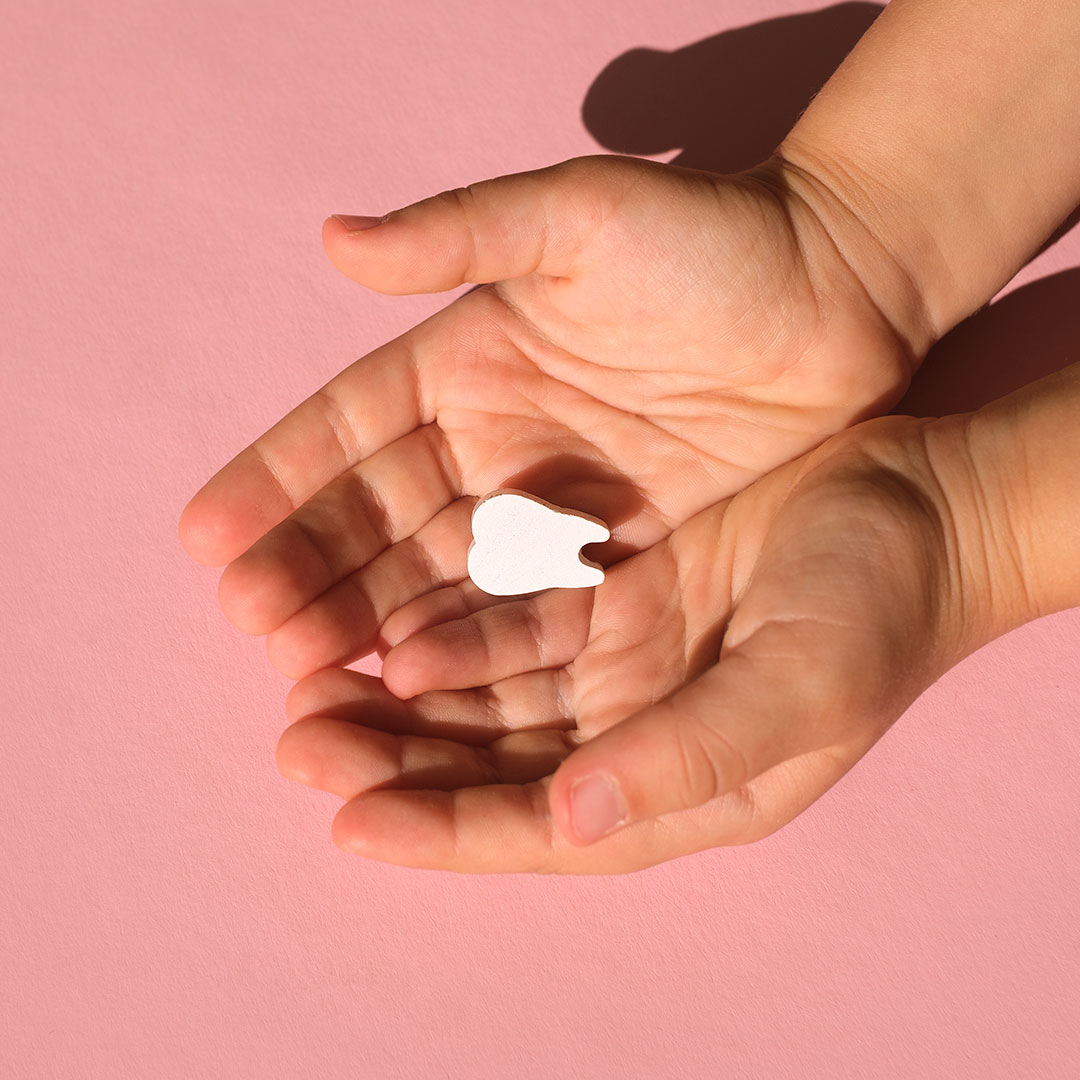By the time your child has hit his or her third birthday, he or she will have anywhere from 20 to 28 teeth, with the first molars being the last set of teeth to come in.
While these teeth won’t be permanent until they come in, they still need proper care and attention to protect them from decay and cavities that can occur if not cared for properly.
This article will show you how to properly care for your child’s milk teeth so that he or she will grow up with a full set of adult teeth with minimal dental care necessary in the future.
Baby Teeth – Development and Timelines
A baby’s teeth start to form before they are born, and milk teeth will come in soon after.
* The first tooth will typically come in between 4-6 months of age.
* All 20 primary teeth should have come in by the time a child turns 5 years old.
* Most children have lost their primary teeth by the time they turn 12 years old.
* The last set of adult teeth usually comes in when people are around 16 years old.
* And, on average, an individual’s wisdom teeth should have grown in by the time they’re 18 years old.
Parents should remember that all children are not the same and they may take more or less time to develop. If you suspect something might be wrong or notice any delays in the growth of their teeth, don’t wait: go see your dentist right away.
Baby Oral Health & Hygiene Routine
As a parent, it is your job to help your child maintain oral health.
Oral health for babies is of the utmost importance as it affects their teeth for the rest of their lives. Babies are born without teeth, but there is a complete set of 20 waiting teeth tucked away inside their gums that will eventually break through. Ten on top and ten on the bottom.
Though they’ll eventually be replaced by permanent teeth, a person’s milk teeth still perform some crucial functions in childhood such as creating room for the permanent teeth, aiding in chewing, and aiding in speech.
In the event that they aren’t taken care of correctly, they can get decayed and cause gum infection called gingivitis which could affect the spacing between permanent teeth.

How do I clean my baby’s teeth?
It’s a good idea to begin getting into the habit of brushing your baby’s teeth twice a day, as soon as possible. Try doing it first thing in the morning to complement your morning routine. The second clean should happen before bed, after your baby has finished drinking their final evening beverage.
Placing your baby on your lap and turning him away from you might help you better access his teeth when he’s an infant and even when he becomes a toddler.
When brushing your baby’s gums, make small, gentle circular motions, paying particular attention to the area where the teeth and gums meet. You should be gentle with your baby’s gums during teething.
You may want to rinse your baby’s mouth with water after brushing his or her teeth. Make sure your baby spits out any excess toothpaste. You can skip this step if you wish, but leaving some toothpaste residue on the teeth makes the toothpaste work better.
If your infant doesn’t like to have his teeth brushed and pushes away the toothbrush, let him hold his own brush. This way he’ll feel more in control and is more likely to participate. Even though he will need help for a while, you can still let him have a go at it if you wish.
You can help your baby to get used to brushing his teeth by letting him watch you brushing.
Your dentist will be happy to help if you need more guidance.
Finally
It is important to establish healthy habits when children are young because it will serve them better later in life. Brushing not only helps to keep your teeth and gums healthy, but also teaches children the importance of dental hygiene at an early age. By establishing these habits early on, your children will be able to care for their own teeth later in life.
References:
https://www.medindia.net/patients/patientinfo/child-dental-health.htm#dental-care-for-babies
https://www.babycenter.in/a554806/caring-for-your-babys-teeth

